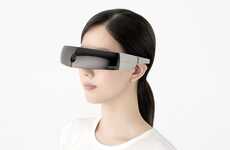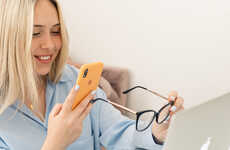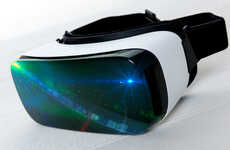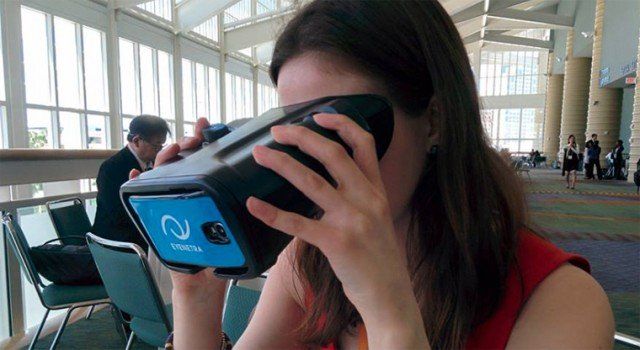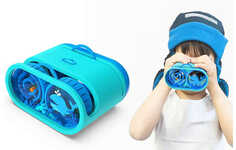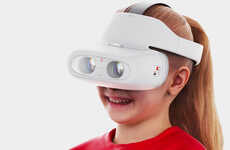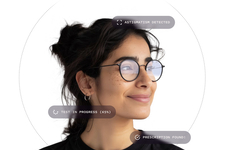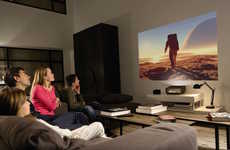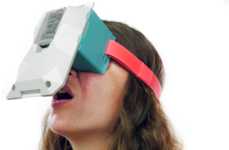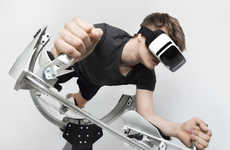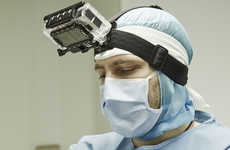
This Mobile Vision Test Device Indicates Prescription Virtual Reality
Alyson Wyers — January 20, 2016 — Tech
References: news.mit.edu & springwise
The new vision test device developed by the Massachusetts Institute of Technology could pave the way for prescription virtual reality headsets. Last fall MIT launched their EyeNetra smarter lenses, which are smartphone-enabled eye test devices.
With vision-corrected VR screens in view, the prestigious academic institution could solve the problem of ill-fitting headsets for glasses-wearers. While other mobile apps exist that provide portable vision tests, this one is designed to work within a headset with a smartphone slot so people can adjust dials themselves.
MIT hopes to use this technology to improve VR devices. This also enables those who don't have perfect eyesight not to miss out, as they will often experience misaligned images if they have to take their glasses off.
With vision-corrected VR screens in view, the prestigious academic institution could solve the problem of ill-fitting headsets for glasses-wearers. While other mobile apps exist that provide portable vision tests, this one is designed to work within a headset with a smartphone slot so people can adjust dials themselves.
MIT hopes to use this technology to improve VR devices. This also enables those who don't have perfect eyesight not to miss out, as they will often experience misaligned images if they have to take their glasses off.
Trend Themes
1. Vision-corrected VR Screens - The development of prescription virtual reality headsets using a new vision test device from MIT could provide more personalized VR experiences for glasses-wearers.
2. Smarter Lenses - MIT's EyeNetra device, a smartphone-enabled eye test, could become increasingly necessary as more technology becomes dependent on good vision.
3. Adaptive VR Technology - The ability to adjust VR screens for individual users could enable more people to enjoy VR content, including those with previously ill-fitting or inaccessible devices.
Industry Implications
1. Virtual Reality - The potential for prescription VR headsets opens up a new market for companies producing VR technology, and could lead to more customization options and experiences.
2. Healthcare - The EyeNetra device and the development of vision-corrected VR screens have implications for healthcare professionals and patients who require regular vision tests or treatment.
3. Mobile Devices - As more mobile devices incorporate VR capabilities, the need for personalized vision tests and VR technology could lead to new opportunities for smartphone and other mobile device manufacturers.
2.6
Score
Popularity
Activity
Freshness



